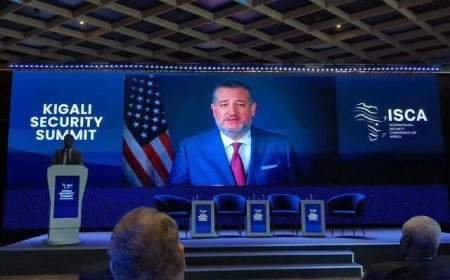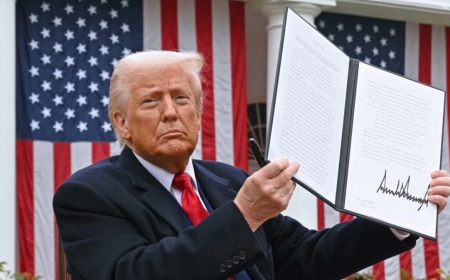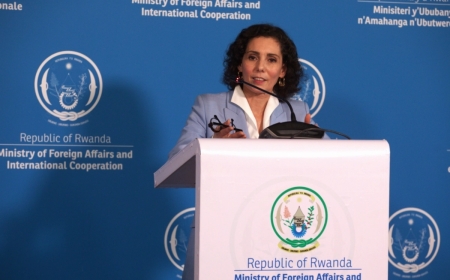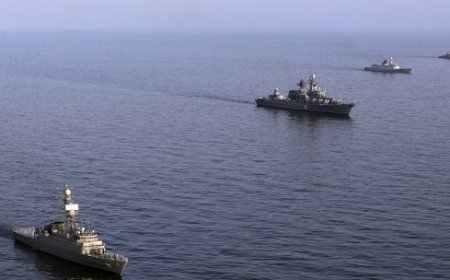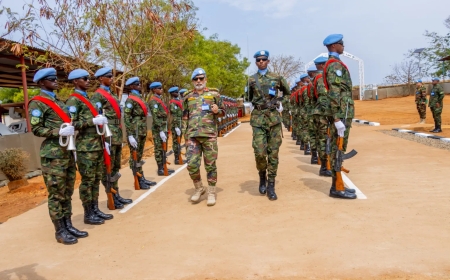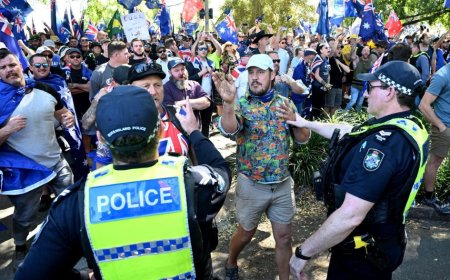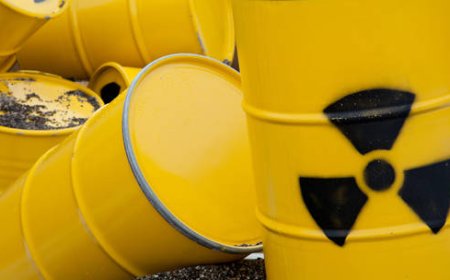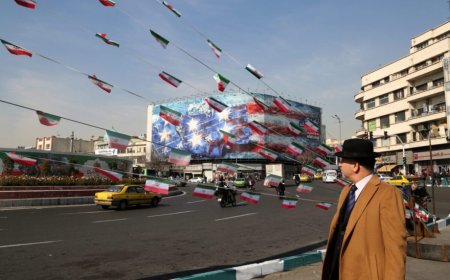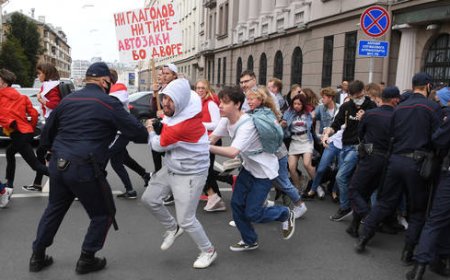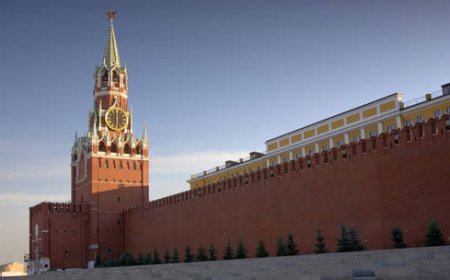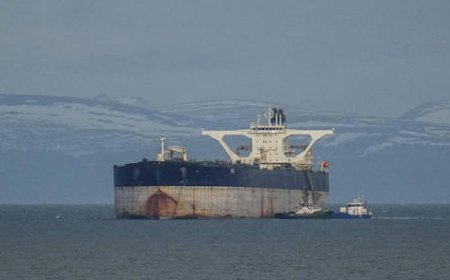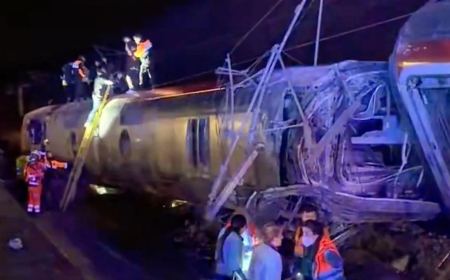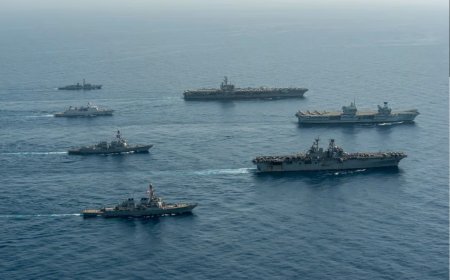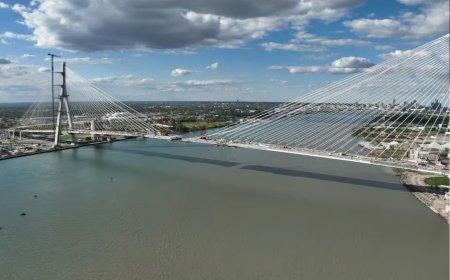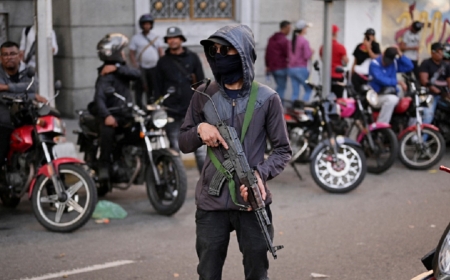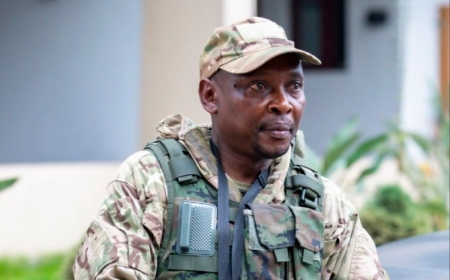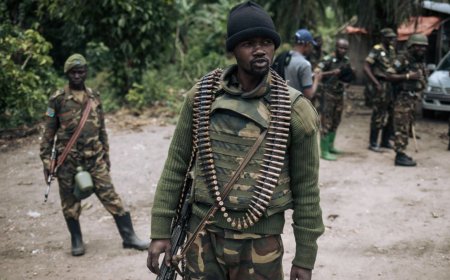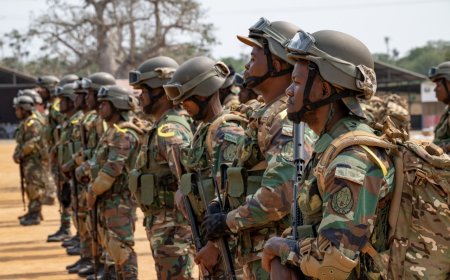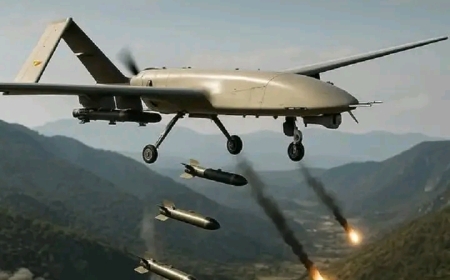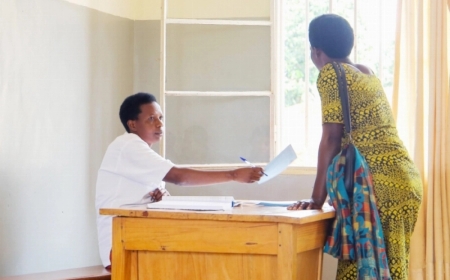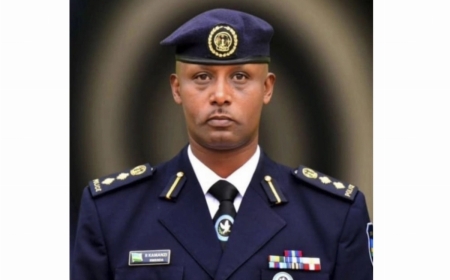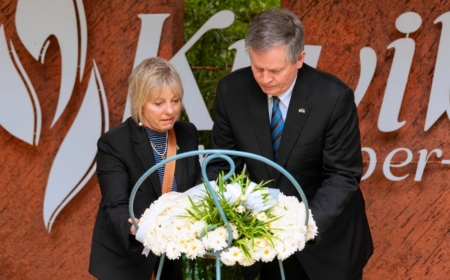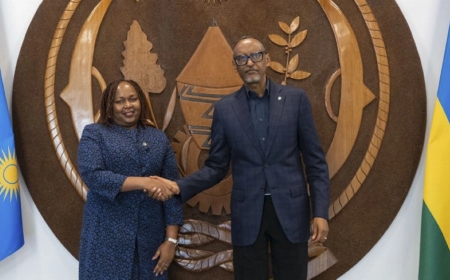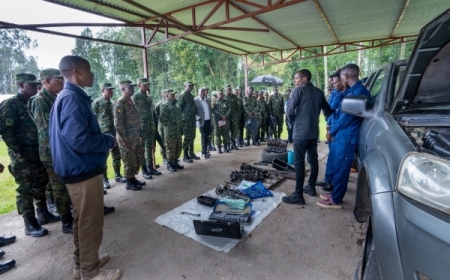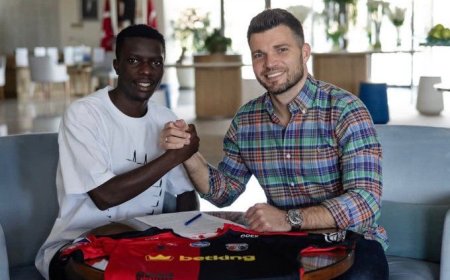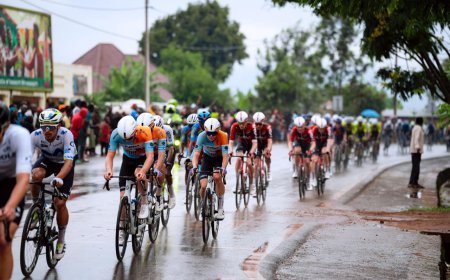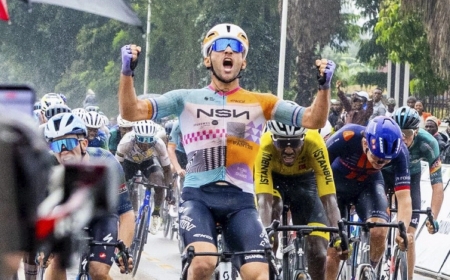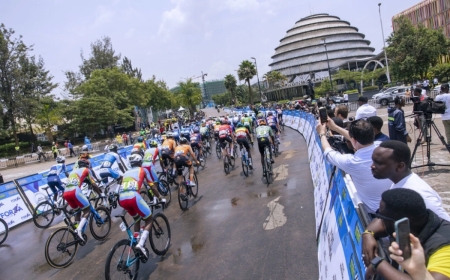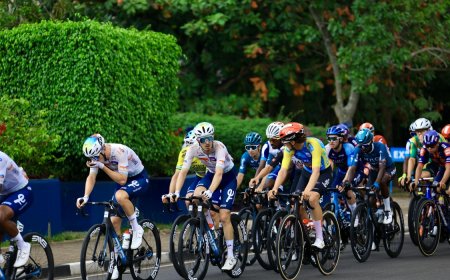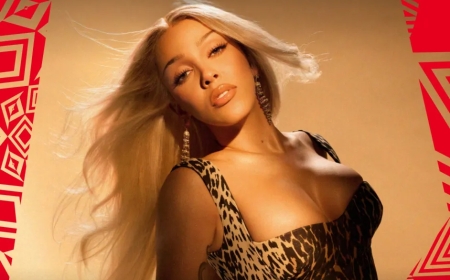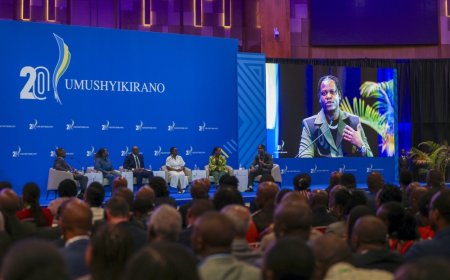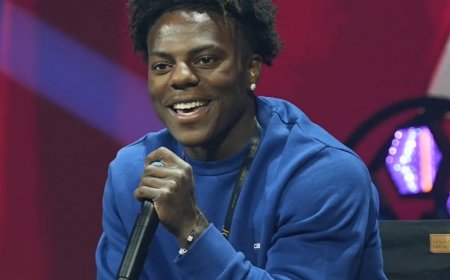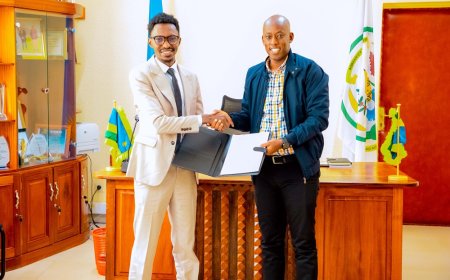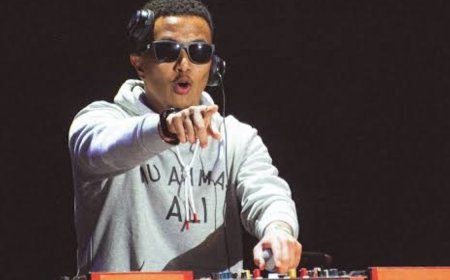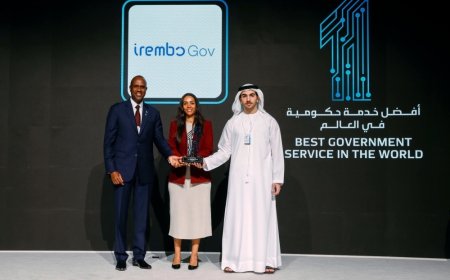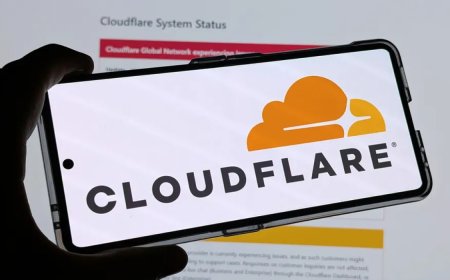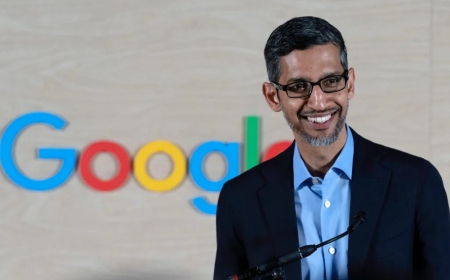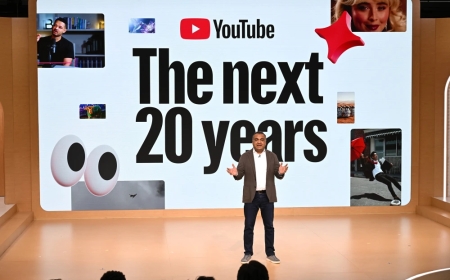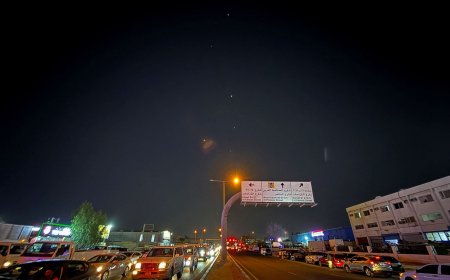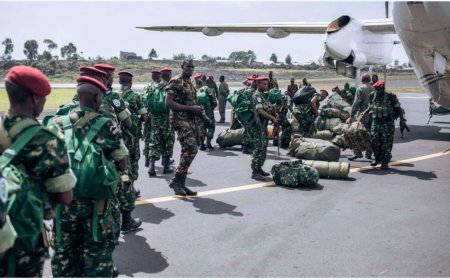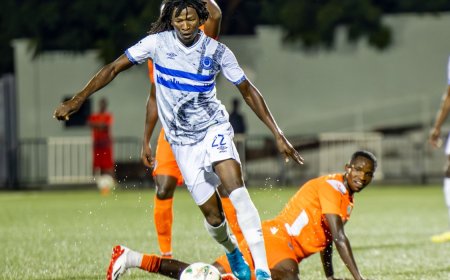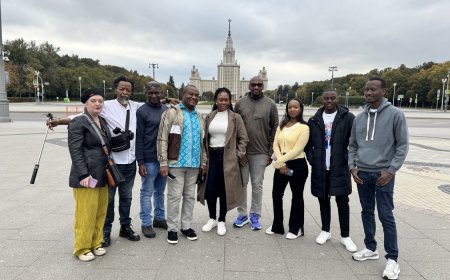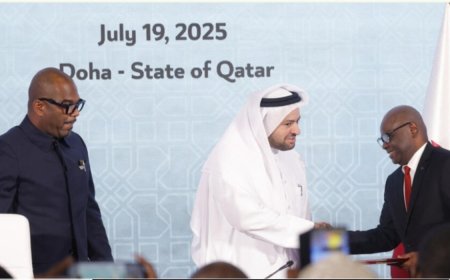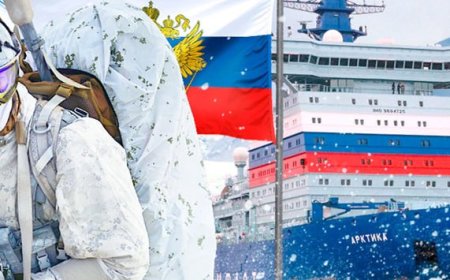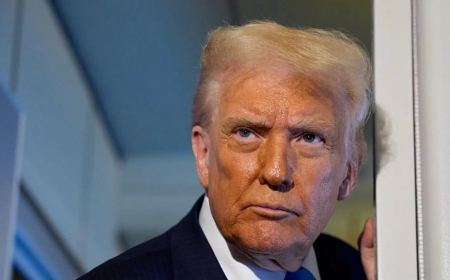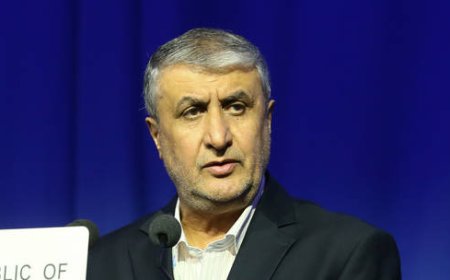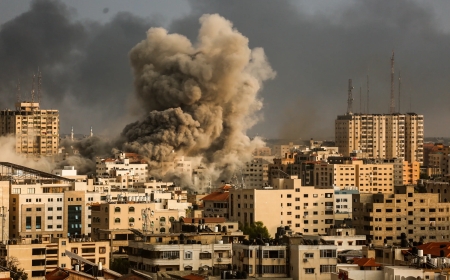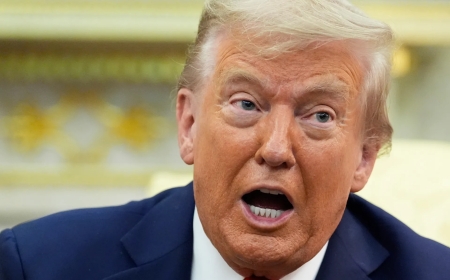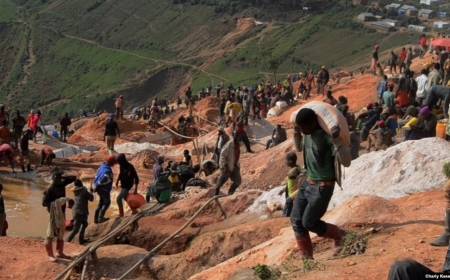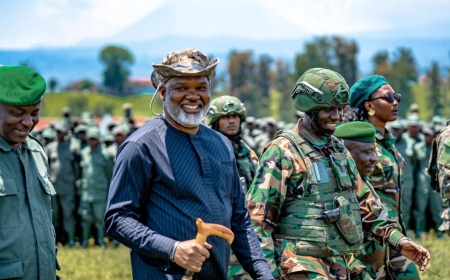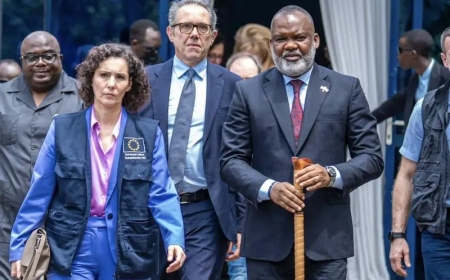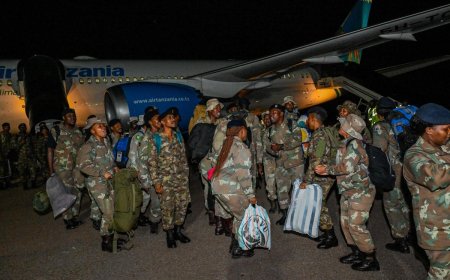Washington talks on DR Congo crisis: Negotiations for realistic, win-win peace agreement start June 15 – minister
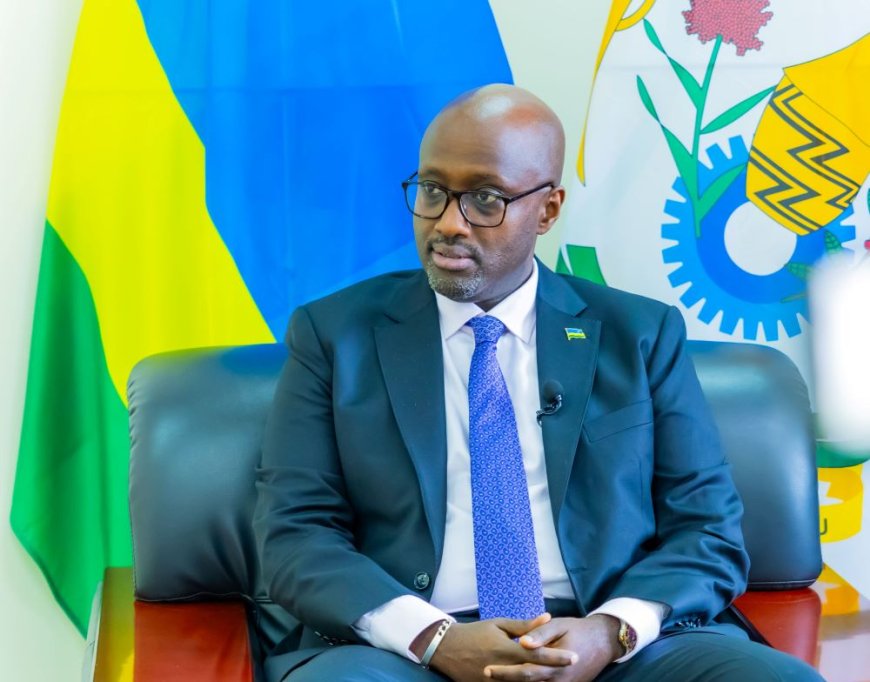
No peace deal will be signed this Sunday, June 15, in Washington, when Rwandan and Congolese officials are scheduled to meet looking to follow up on earlier efforts geared at resolving the conflict in eastern DR Congo, with emphasis on addressing the root causes of the decades-long insecurity there.
This was clarified Saturday, in a post on X, by Rwanda’s Minister of Foreign Affairs and International Cooperation, Amb Olivier Nduhungirehe.
Reacting to a claim that Kigali and Kinshasa were preparing to sign a peace deal in Washington on Sunday, the minister wrote: “No peace deal will be signed this Sunday 15 June 2025 in Washington. Mid-June was indeed the initial target for the signing of the agreement at the White House, but it had to be adapted to the reality of the negotiations.
“After several exchanges on email between US, Congolese and Rwandan officials, physical negotiations at the experts' level are now getting started in Washington. The aim is to negotiate a comprehensive, realistic and win-win peace agreement, which, when ready, will be submitted to Foreign Ministers for approval and to Heads of State for signing.”
The talks, facilitated by the US bring together the Rwandan and Congolese governments, aiming to find a sustainable resolution to the insecurity that has long plagued eastern DR Congo.
On May 5, the US government received inputs to the peace deal from Rwanda and DR Congo, following the signing of declaration of principles of the agreement in Washington on April 25. The declaration of principles signed in Washington D.C. between Rwanda and DR Congo “opens the door” to an agreement that will bring lasting peace in eastern DR Congo and the Great Lakes Region, Nduhungirehe said in April.
At the time, the minister warned that “shortcuts or quick fixes” would not end the decades-old insecurity, if the real issues, the root causes that must be addressed, such as “security, as well as the return of refugees” are not properly addressed.
At the heart of the crisis is the presence of more than 200 armed groups operating in eastern DR Congo, including FDLR, a Kinshasa-backed militia formed by remnants of the perpetrators of the 1994 Genocide against the Tutsi in Rwanda.
The group has been, for years, carrying out ethnically targeted violence, especially against Congolese Tutsi communities, and launching cross-border attacks into Rwanda, resulting in deaths, injuries, and the destruction of property. The group spreads hate speech and genocidal violence against the Congolese Tutsi communities. It is for this reason that Rwanda hosts close to 100,000 Congolese refugees who fled violence, some having spent more than 25 years in camps.
On the other hand, the Congolese government continues to accuse Rwanda of supporting the AFC/M23 rebel group, which re-emerged in 2021, after Kinshasa’s failure to commit to earlier peace agreements largely aimed at ensuring that the rights of persecuted Congolese communities are respected.
Last month, Corneille Nangaa, the leader of Alliance Fleuve Congo (AFC/M23) movement, outlined four main reasons – including bad governance – why his group is fighting to topple the Congolese government. He attributed the crisis in eastern DR Congo to the collapse of state institutions in what he described as a failed state.
AFC/M23 is fighting for governance that supports basic human rights, secures all Congolese citizens, and addresses the root causes of conflict. The rebellion has vowed to uproot tribalism, nepotism, corruption, and the genocide ideology spread by FDLR, among other vices, widespread in DR Congo.
